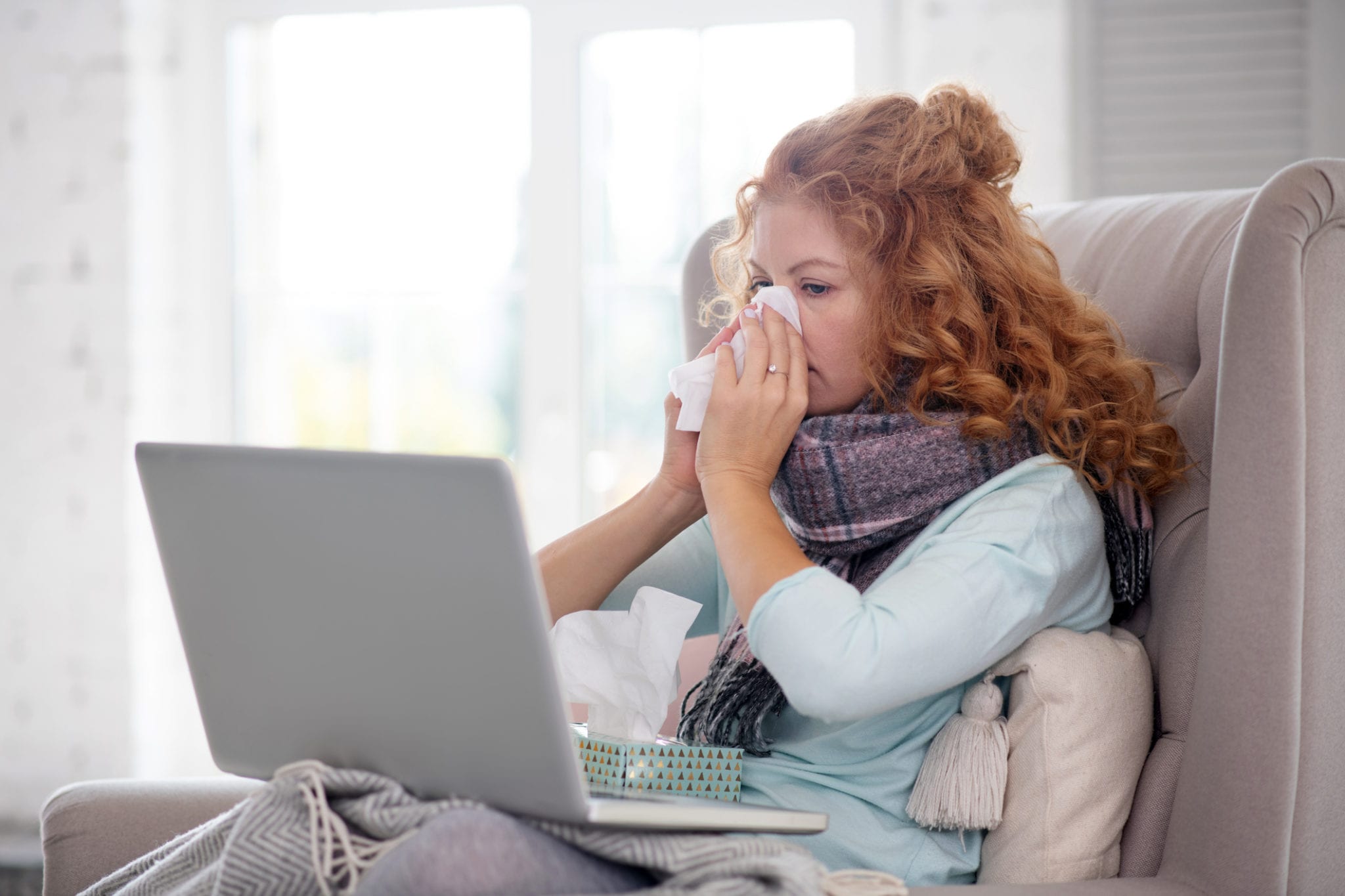
by hanna | Mar 5, 2021 | Physical Health
It’s that time of the year again—seasonal allergies are returning. With spring approaching and people taking to the outdoors more with the warming weather, allergies can really wreak havoc. What’s more is that coronavirus continues to spread and unfortunately shares...


